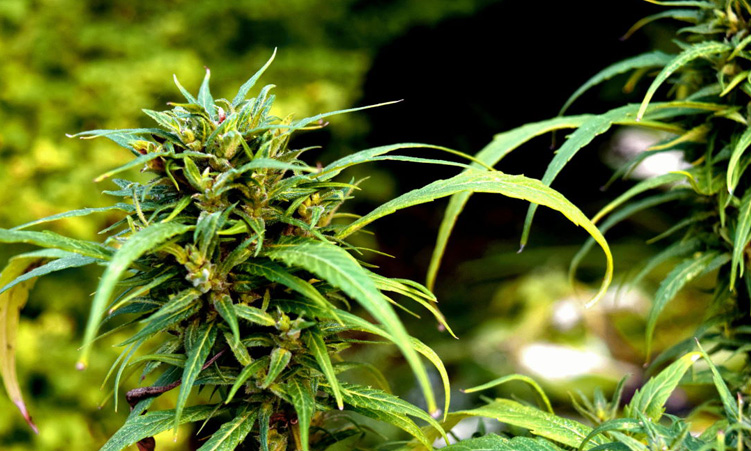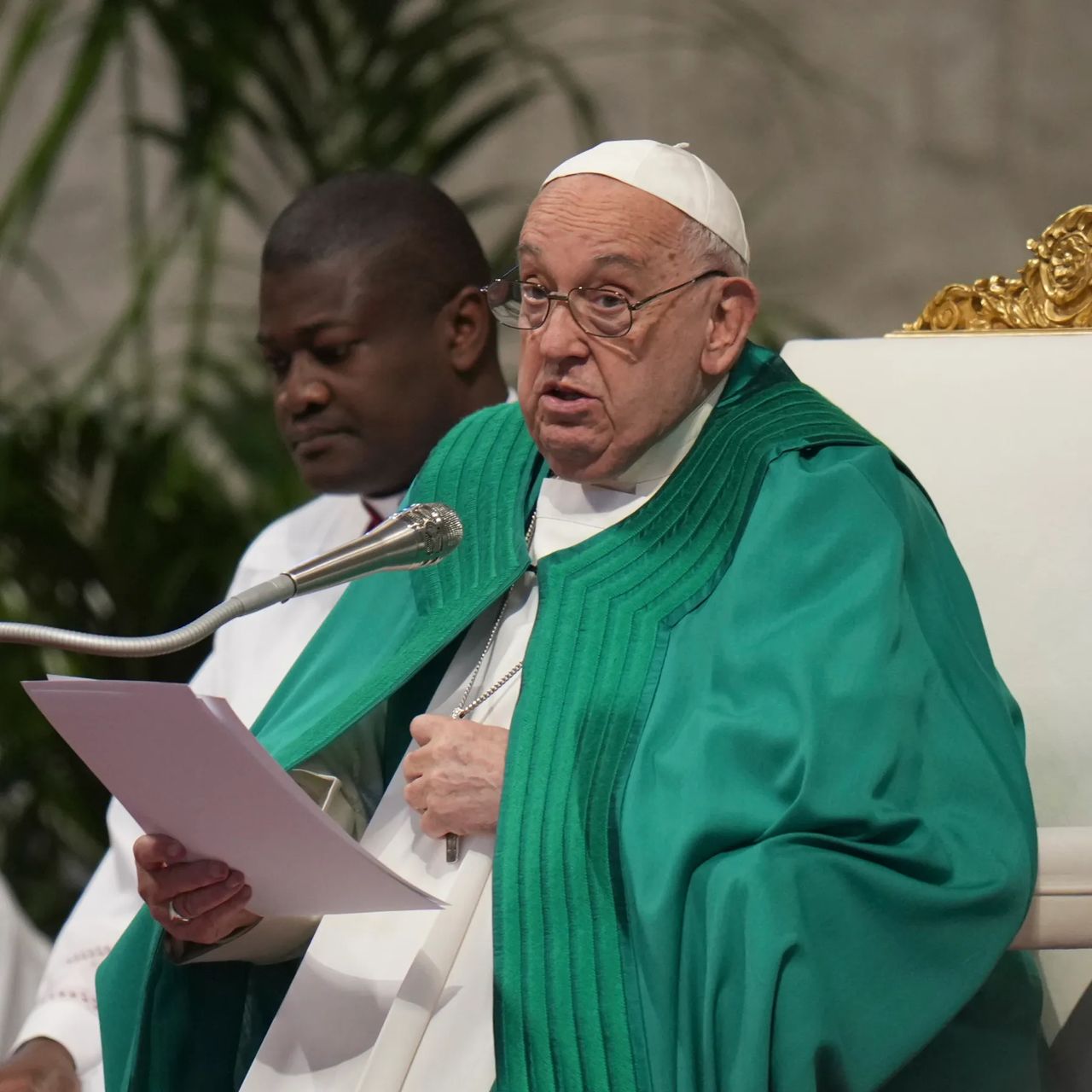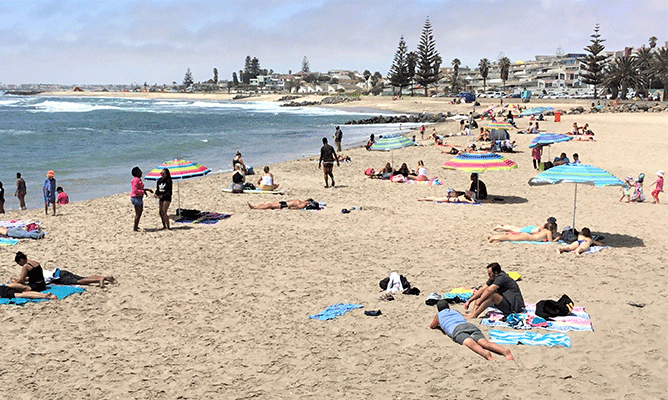The founder of the Cannabis and Hemp Association of Namibia, Angela Prusa, says she is disappointed that the commercial cultivation of cannabis for medicinal use is off the cards.
This has been ruled out by the Ministry of Health and Social Services, citing the availability of effective existing treatment.
Prusa says the Ministry of Justice has great potential to collaborate on reforming laws, as well as the agriculture and gender and poverty eradication ministires.
“It is disappointing, because unlike a lot of the pain medications that are available, cannabis is a natural alternative with less side effects . . . It was very evident that this decision was not based on the evidence available,” she says.
Minister of health and social services Kalumbi Shangula says the medication available in Namibia is effective.
The ministry’s policy documents provide guidance on the management of various ailments and disease management protocols, he says.
“These are the Standard Treatment Guidelines and the Namibia Essential Medicines List . . . Namibia reviews these documents periodically and gets expert opinions in the management of diseases, including pain,” the minister says.
Shangula says Namibia is a signatory to the International Conventions on the use of Controlled Substances, with cannabis being one such substance.
He says Namibia has time and again indicated it would uphold the provisions of these conventions.
In line with this, Namibia would welcome any proven therapeutic product derived from the cannabis plant and allow it on the Namibian market, provided it complies with the provisions of the country’s laws, he says.
“We have engaged our institutions of higher learning to conduct research on this matter, the outcome of which will assist the country to make an informed decision going forward.
“The cultivation and commercialisation of cannabis is not within the mandate of the Ministry of Health and Social Services,” he says.
Shangula says the Cabinet resolved in 2021 not to decriminalise cannabis on medical grounds.
The Cabinet has also directed the health ministry and the Ministry of Home Affairs, Immigraiton, Safety and Security and the Ministry of Higher Education, Technology and Innovation to research the matter.
Ten African countries have in the past five years passed laws legalising the cultivation of cannabis for medicinal and scientific purposes.
These are South Africa, Lesotho, Zimbabwe, Uganda, Malawi, Zambia, Ghana, Eswatini, Rwanda and Morocco.
Aune Mudjamina, the acting executive director of labour, industrial relations and employment creation says the ministry has not received any project proposals in this regard.
She says the ministry acknowledges the country’s high unemployment rate, but does not regard the legalisation of cannabis as a way to curb this.
“This situation should also not position us as a country to support projects that would risk Namibian inhabitants in any way,” she says.
Stay informed with The Namibian – your source for credible journalism. Get in-depth reporting and opinions for
only N$85 a month. Invest in journalism, invest in democracy –
Subscribe Now!










